|
One of the more inspirational books I have read over the last couple years is “A Surgeon in the Village,” by Tony Bartelme. The book describes the professional journey of an elite American neurosurgeon, Dr. Dilan Ellegala. Burnt out after years of high pressure schooling and hospital training, he travels to a rural hospital in Tanzania, largely to relax and depressurize. In a country with a population of 60 million, there are only a handful of neurosurgeons, and a clear hierarchy of medical staff that does not necessarily follow ability. Ellegala identifies a talented AMO (Assistant Medical Officer) who has little more formal training than a paramedic, and teaches him brain surgery.
While among our trainees we have had a few with engineering degrees, some of the more talented and capable have had only a high school education. By capable, I mean that they can independently and correctly run and interpret a geophysical water exploration program. One such student is Onen Martin Comboni. Outside of his work in local rural water supply, Comboni trains and performs with a talented and moving dance troupe of Acholi youth. On our one day off, they performed for us in a small village neighborhood on the outskirts of Gulu where they train. Similar to Ellegala’s trainees as well as our Geoscientists Without Borders/IsraAID water exploration program, the dancers are not picked through auditions following years of training. They are largely orphans and marginalized youth, with many coming from challenged families often still suffering from fallout of the civil war. What money that is raised from performances is then used to fund education as well as the many instruments and costumes that the troupe uses in the Acholi dances. And the dancers are spectacular! Many of the dances have a courtship theme. This undoubtedly motivates the Acholi youth, though it placed a few of us Muzungu in slightly awkward positions when invited/coerced on to the red clay dance courtyard. One simply cannot refuse to participate as dance is fundamental to Acholi culture, and to how people are perceived in the community. Also, as the women in at least one of the courtship dances carry lukiles, or small axes, one simply does not refuse the offer to go on to the dance floor when the blade is hooked around the back of your neck, as is the practice. I bought a lukile for my wife Leslie Bauman Gotfrit as a gift in the market.
0 Comments
Leave a Reply. |
Categories
All
Archives
August 2022
|
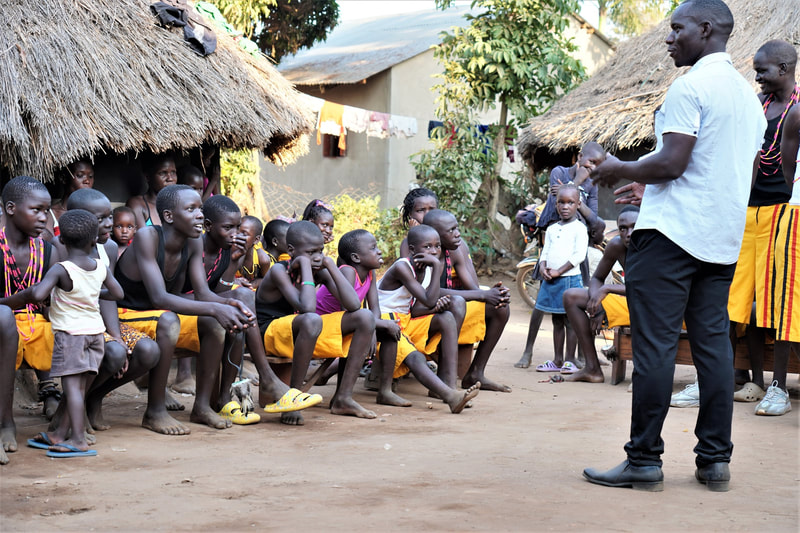
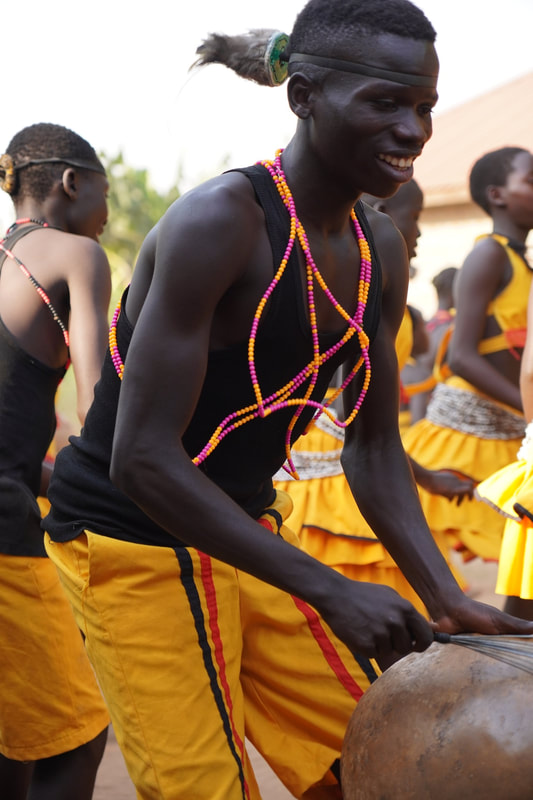
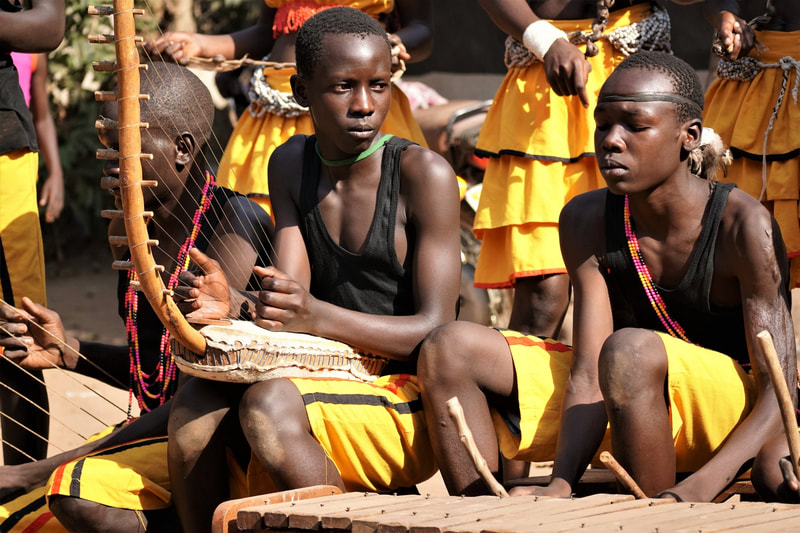
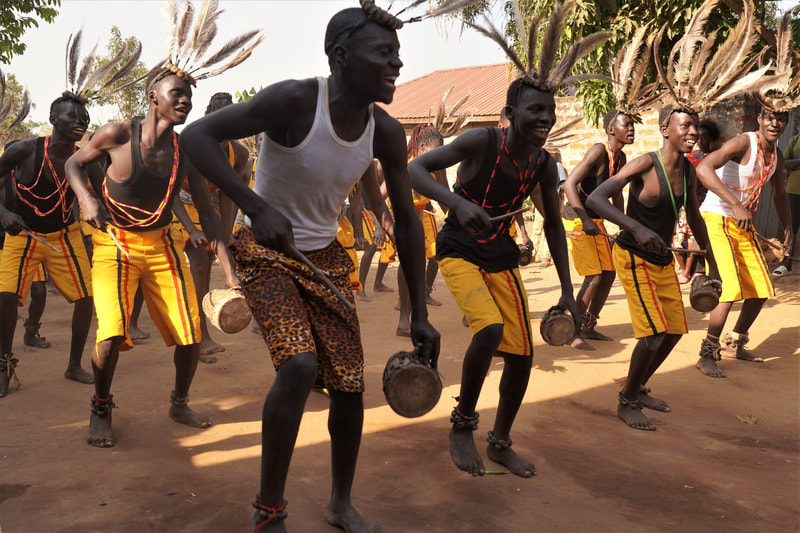
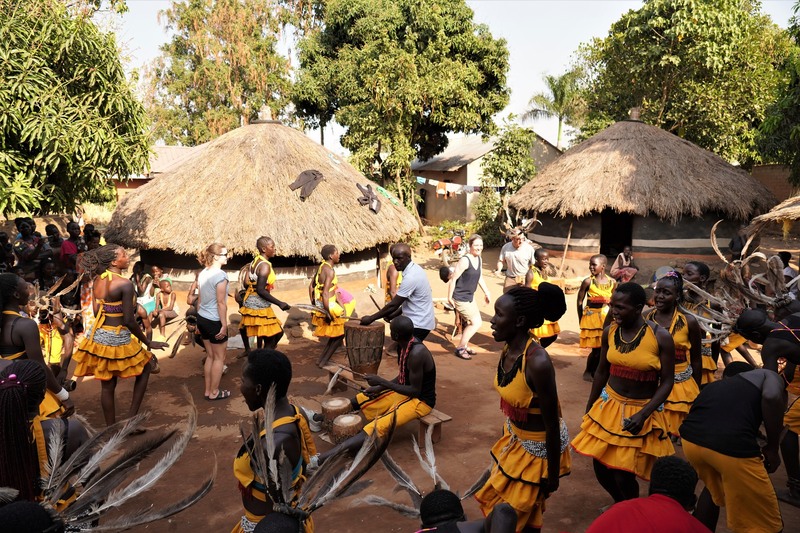
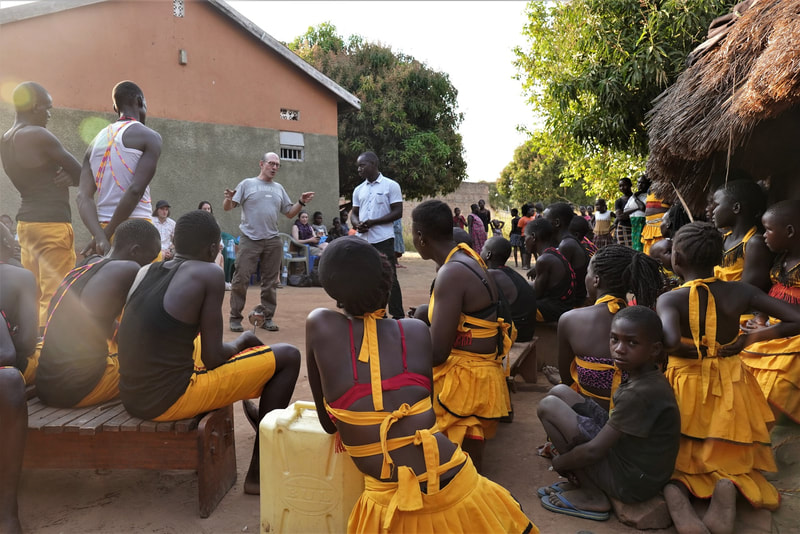
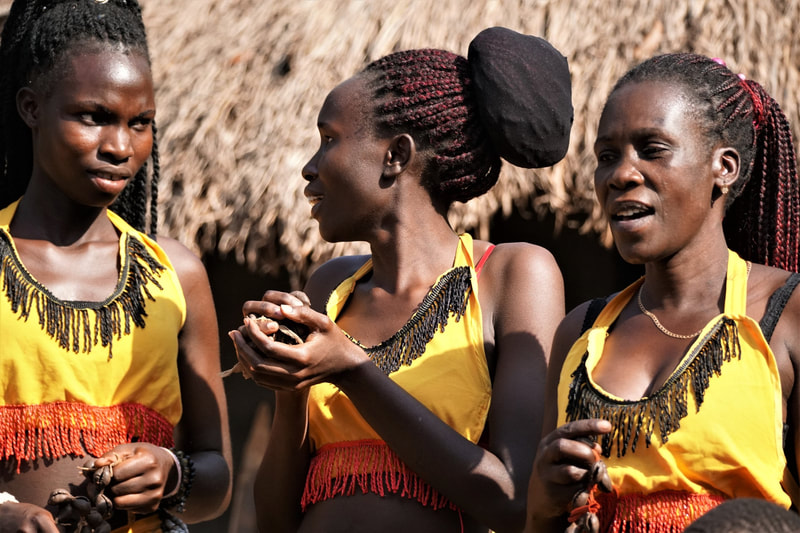
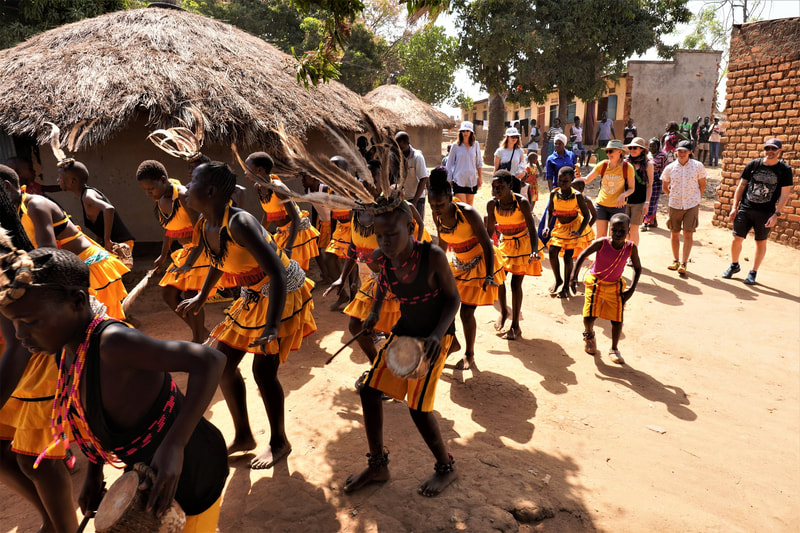
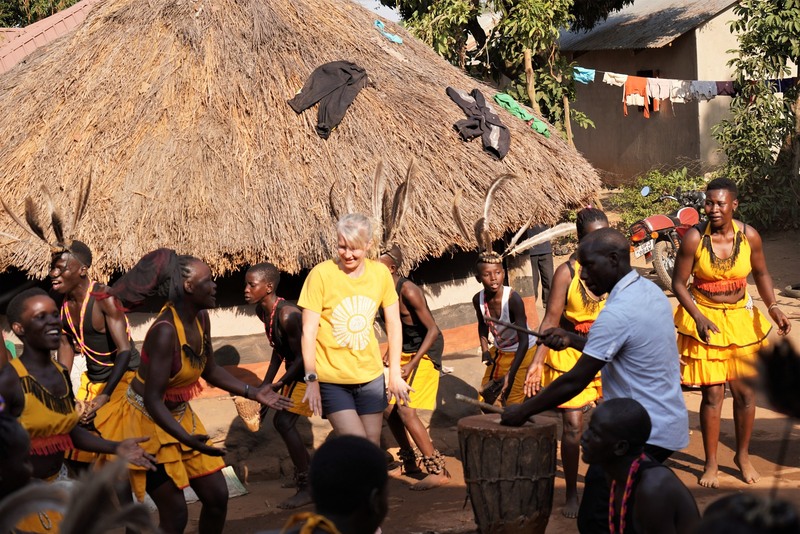
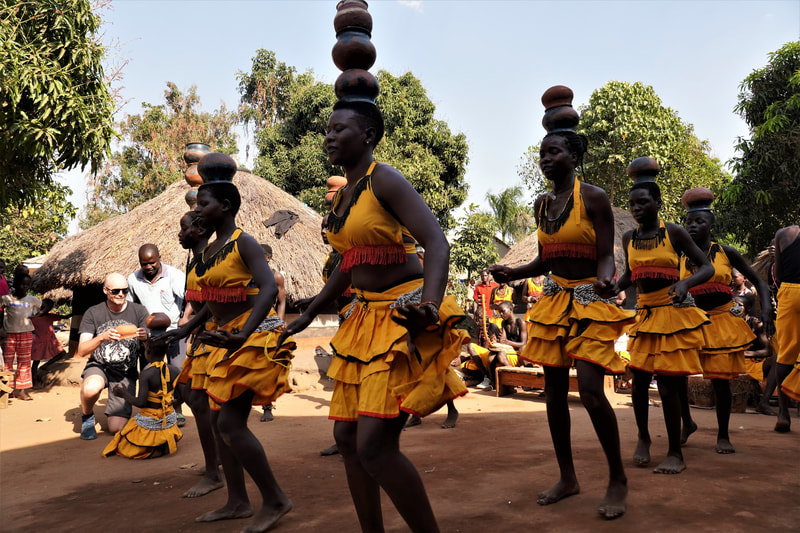
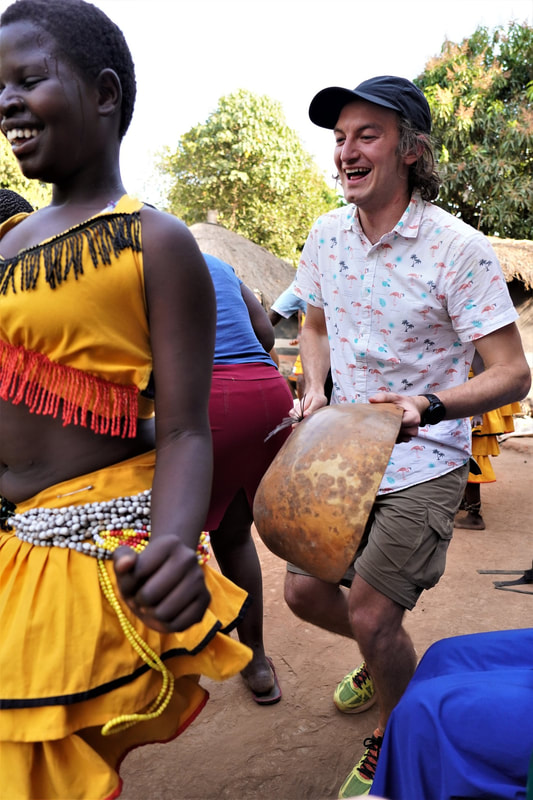
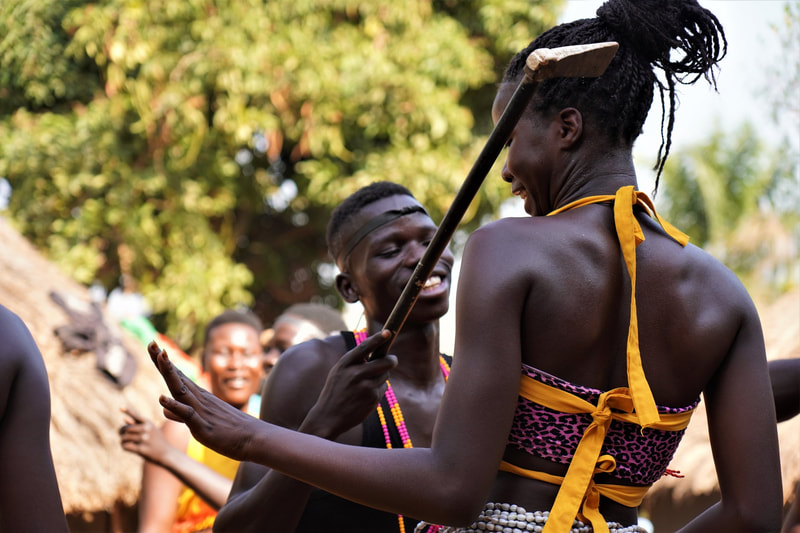
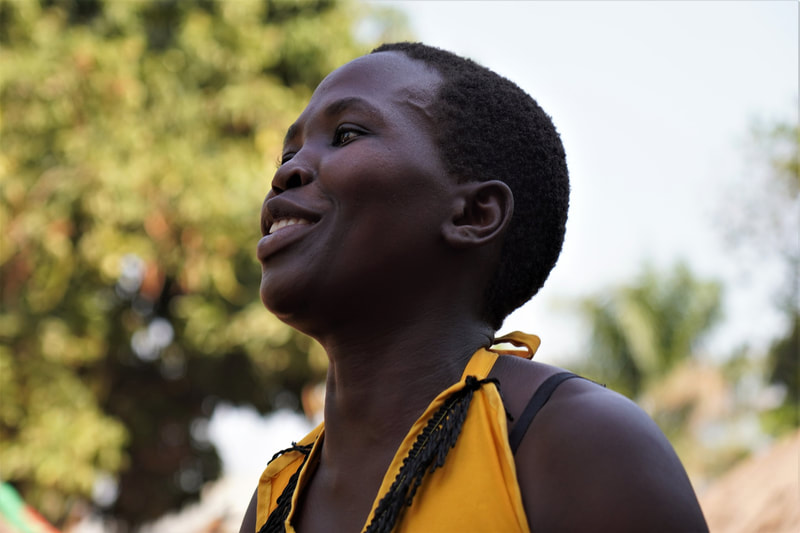
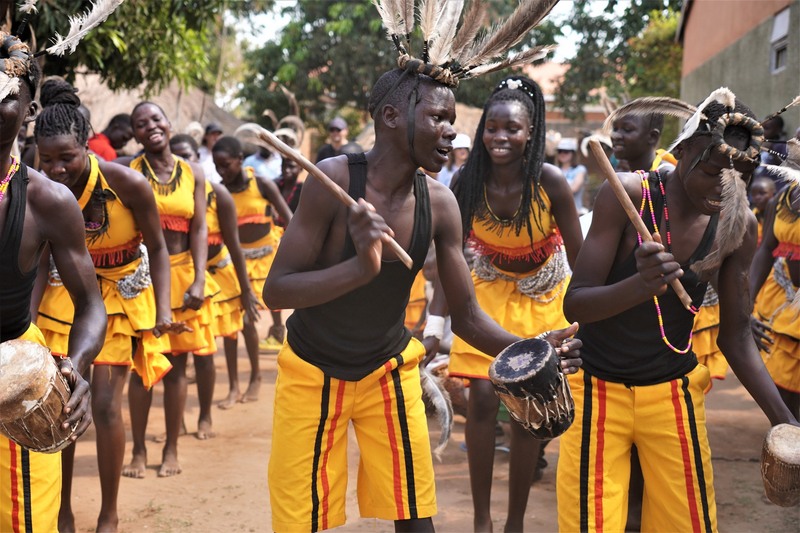
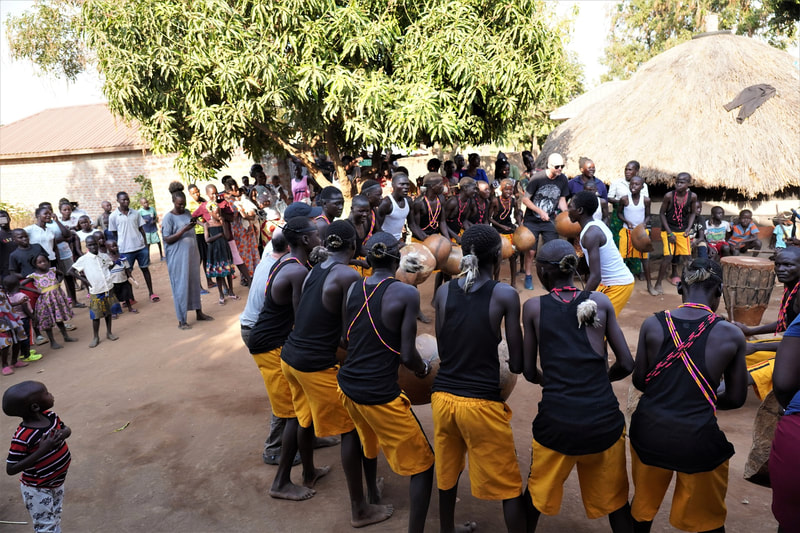
 RSS Feed
RSS Feed